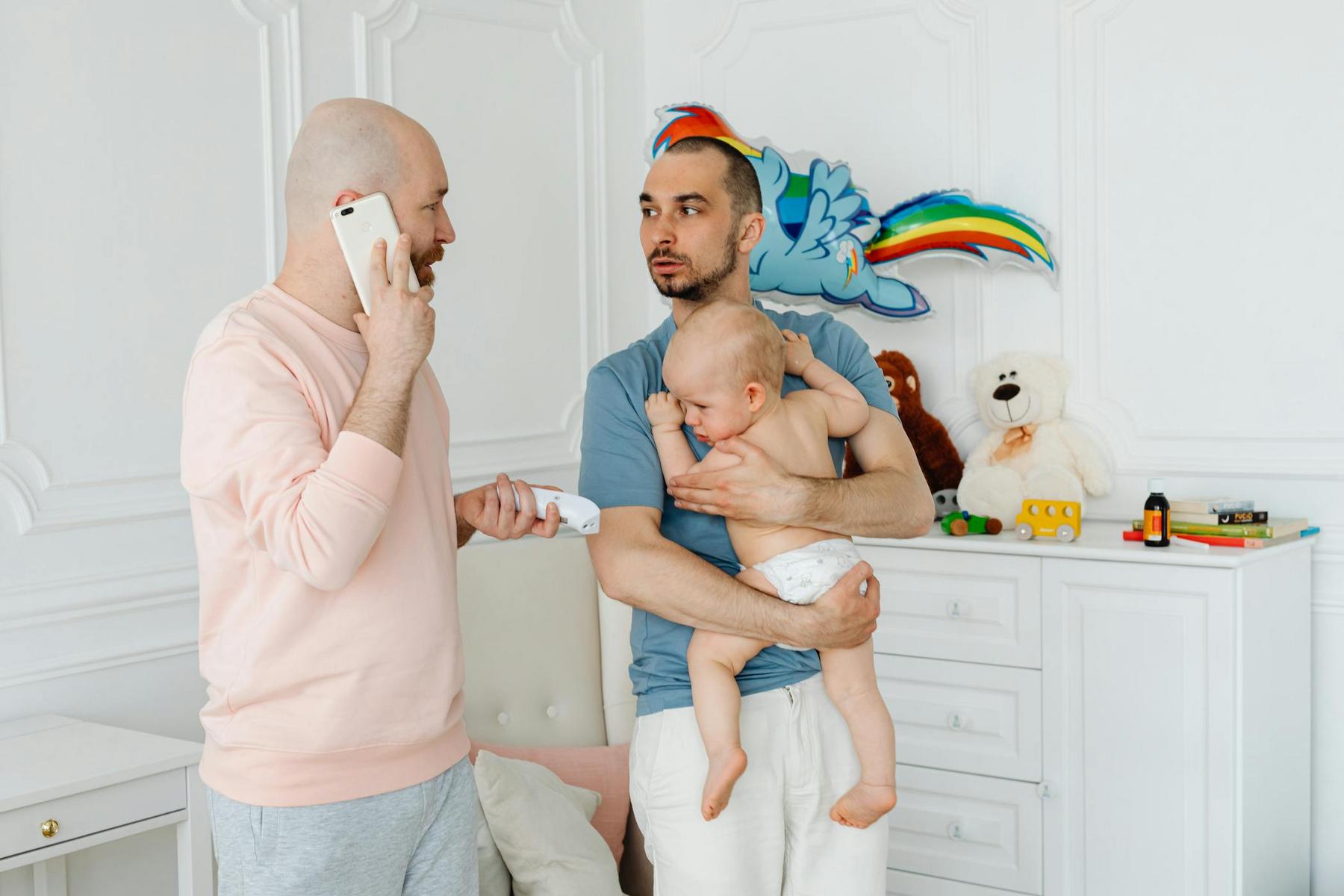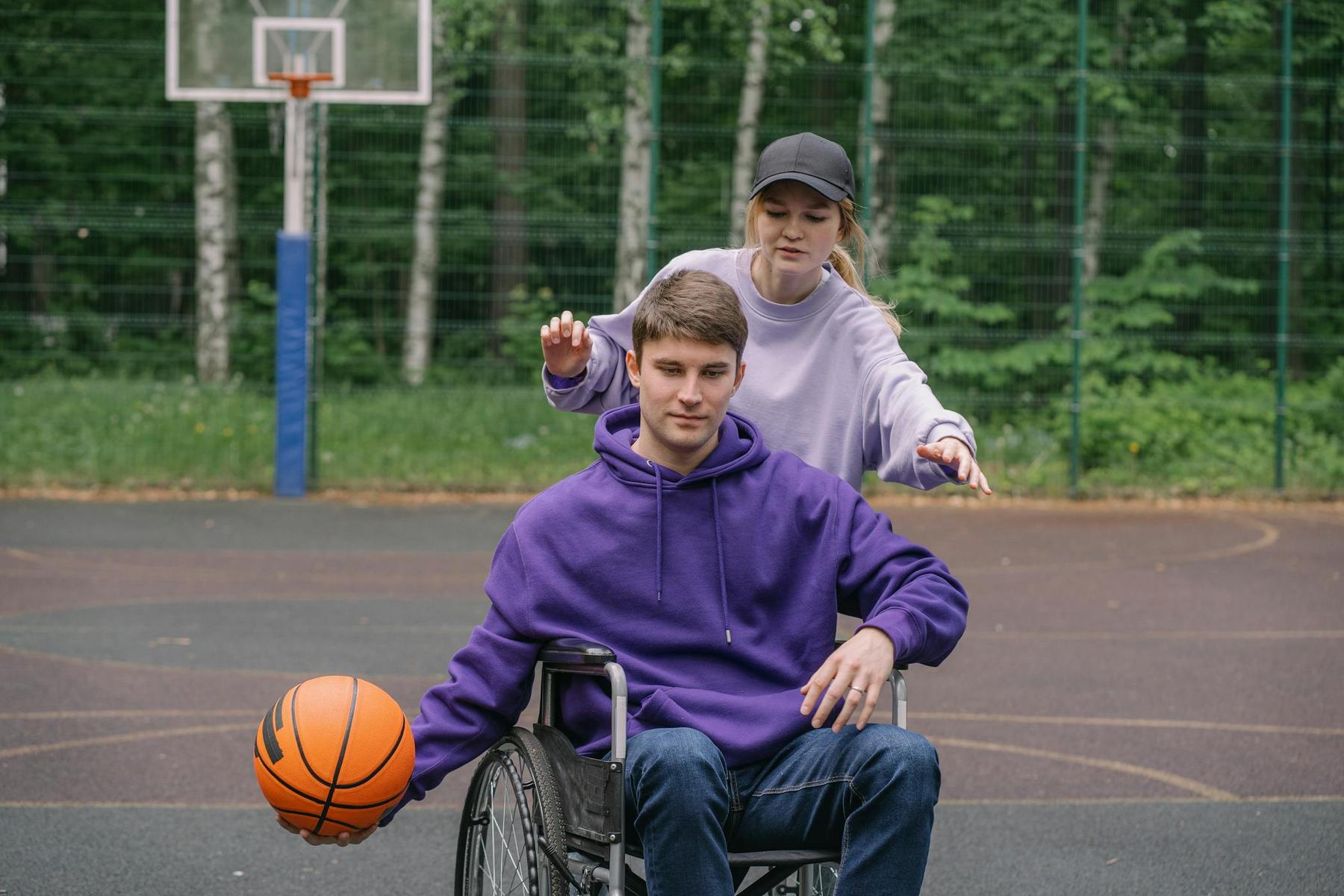When your loved one exhibits challenging behaviours, it can feel overwhelming and isolating. Perhaps you’ve witnessed the frustration in their eyes when they struggle to communicate their needs, or felt helpless watching traditional disciplinary approaches fail time and again. You’re not alone in this journey, and there’s hope. Positive behavior support plans offer a transformative approach that honours the dignity and individuality of people with disabilities whilst addressing complex behaviours through understanding, not punishment.
In Queensland, families in Cairns and Brisbane are discovering how compassionate, evidence-based support can create meaningful change in their lives. Rather than focusing on what behaviours to eliminate, positive behavior support plans concentrate on understanding why behaviours occur and teaching more effective ways to meet underlying needs.
What Are Positive Behavior Support Plans and Why Do They Matter?
Positive behavior support plans represent a fundamental shift in how we understand and respond to challenging behaviours. Unlike traditional approaches that rely on consequences and restrictions, these plans recognise that all behaviour serves a purpose—it’s a form of communication, often expressing unmet needs, frustration, or attempts to gain control over one’s environment.
A positive behavior support plan is a comprehensive, individualised strategy that combines behavioural science with person-centred values. These plans don’t simply aim to reduce problematic behaviours; they focus on enhancing quality of life whilst teaching new skills that serve the same function as the challenging behaviour.
The significance of this approach extends far beyond behaviour management. For individuals with disabilities, positive behavior support plans can mean the difference between isolation and inclusion, between feeling misunderstood and feeling valued. They create pathways to greater independence, improved relationships, and enhanced participation in community life.
Research consistently demonstrates that positive approaches yield more sustainable outcomes than punitive methods. When we address the root causes of behaviour rather than just its symptoms, we create lasting change that improves wellbeing for both the individual and their support network.
How Do Person-Centred Approaches Transform Behavioral Support?
Person-centred approaches form the cornerstone of effective positive behavior support plans. This philosophy places the individual at the heart of all decisions, recognising their unique experiences, preferences, and goals. Rather than applying one-size-fits-all solutions, person-centred support acknowledges that each person’s journey is distinct.
The transformation begins with truly listening to the individual and their family. What matters most to them? What are their strengths, interests, and aspirations? How do they prefer to communicate? These questions guide the development of support strategies that feel authentic and meaningful rather than imposed.
Person-centred positive behavior support plans also recognise the importance of relationships. Challenging behaviours often occur within the context of interactions with others, and healing happens through connection. When support workers take time to build genuine rapport, understand communication styles, and respect personal boundaries, they create an environment where positive behaviours naturally flourish.
This approach also empowers individuals by involving them in their own support planning. Even when cognitive disabilities limit direct participation, person-centred practices ensure that the individual’s voice and preferences are represented through careful observation, family input, and advocacy.
What Core Principles Guide Effective Positive Behavior Support?
Effective positive behavior support plans are built upon several fundamental principles that ensure both ethical practice and practical success. Understanding these principles helps families and support workers implement strategies that truly make a difference.
Dignity and Respect form the foundation of all interventions. Every person, regardless of the complexity of their needs or behaviours, deserves to be treated with inherent worth and respect. This principle guides how we interpret behaviours, design interventions, and measure success.
Evidence-Based Practice ensures that strategies are grounded in scientific research whilst remaining flexible enough to accommodate individual needs. This doesn’t mean rigid adherence to protocols, but rather the thoughtful application of proven methods within a compassionate framework.
Functional Understanding recognises that all behaviour serves a purpose. Before implementing any intervention, positive behavior support plans require a thorough functional assessment to understand what need the behaviour is attempting to meet. Is it seeking attention, avoiding demands, accessing preferred items, or expressing sensory needs?
Prevention Focus emphasises creating environments and routines that naturally support positive behaviours rather than waiting to respond to challenges. This proactive approach reduces stress for everyone involved and creates more opportunities for success.
| Traditional Approach | Positive Behavior Support Approach |
|---|---|
| Focus on stopping unwanted behaviours | Focus on teaching desired behaviours |
| Reactive interventions after problems occur | Proactive environmental modifications |
| One-size-fits-all consequences | Individualised, function-based strategies |
| Professional-led decision making | Person and family-centred planning |
| Emphasis on compliance | Emphasis on skill development and quality of life |
| Short-term behaviour change | Long-term lifestyle enhancement |
Collaborative Partnership recognises that sustainable change occurs when families, individuals, and support workers work together as a team. Each brings unique insights and expertise that enrich the support plan’s effectiveness.
How Can Families and Carers Implement Compassionate Support Strategies?
Implementing positive behavior support plans requires both practical strategies and a fundamental shift in mindset. For families and carers, this journey begins with understanding that challenging behaviours are often the best way an individual knows how to communicate their needs or cope with their environment.
Creating Predictable Environments helps reduce anxiety and confusion that can trigger challenging behaviours. This doesn’t mean rigid schedules, but rather providing enough structure and routine so individuals can anticipate what comes next and feel secure in their daily experiences.
Teaching Communication Skills often forms a central component of positive behavior support plans. When individuals can effectively express their needs, preferences, and feelings, many challenging behaviours naturally decrease. This might involve learning sign language, using visual aids, or developing other alternative communication methods.
Recognising Early Warning Signs allows families and carers to intervene supportively before behaviours escalate. These might include changes in body language, increased repetitive movements, or withdrawal from activities. Early intervention often involves offering choices, adjusting the environment, or providing additional support.
Celebrating Success reinforces positive behaviours and builds self-esteem. This doesn’t require elaborate rewards systems, but rather genuine acknowledgment of efforts and achievements, no matter how small they might seem.
Self-Care for Supporters recognises that caring for someone with complex needs can be emotionally and physically demanding. Effective positive behavior support plans include strategies to support the wellbeing of family members and carers, ensuring they have the energy and resilience to provide consistent, compassionate care.
What Role Does Cultural Sensitivity Play in Behavior Support?
Cultural sensitivity is essential for developing effective positive behavior support plans, particularly in diverse communities like those found throughout Queensland. Cultural background influences how individuals express emotions, communicate needs, and understand relationships—all factors that significantly impact behaviour support strategies.
Understanding Communication Styles across different cultures helps support workers interpret behaviours more accurately. What might appear as defiance in one cultural context could represent respect or confusion in another. Positive behavior support plans must account for these cultural nuances to avoid misunderstandings.
Family Structures and Values vary significantly across cultures, affecting how decisions are made, who holds authority, and what constitutes appropriate behaviour. Effective support plans honour these family dynamics whilst ensuring the individual’s needs are met.
Religious and Spiritual Considerations may influence daily routines, dietary requirements, and social interactions. Positive behavior support plans that respect these aspects of identity create more comfortable environments where individuals can thrive.
Language and Literacy factors affect not only direct communication but also how families understand and implement support strategies. Culturally sensitive positive behavior support plans ensure information is accessible and meaningful to all family members.
How Do We Measure Success in Positive Behavior Support Plans?
Success in positive behavior support plans extends far beyond simply reducing challenging behaviours. While behaviour change is important, true success encompasses improvements in quality of life, increased independence, and enhanced social connections.
Quality of Life Indicators include factors like participation in preferred activities, maintenance of important relationships, and expression of choice and control over daily experiences. These indicators often show improvement even before significant behaviour change occurs.
Skill Development measures focus on new abilities acquired through the support plan. This might include communication skills, self-regulation strategies, or social interaction abilities that replace the need for challenging behaviours.
Environmental Changes track modifications to settings, routines, and social contexts that support positive behaviours. Success might mean finding the right balance of structure and flexibility, or identifying optimal times and places for different activities.
Family and Carer Wellbeing recognises that sustainable support requires healthy, confident support networks. Effective positive behavior support plans improve outcomes for everyone involved, reducing stress and increasing satisfaction with daily life.
Long-term Sustainability ensures that positive changes continue over time and across different settings. This requires building skills and systems that don’t depend on constant professional oversight.
Regular review and adjustment of positive behavior support plans ensure they continue meeting changing needs and circumstances. Success is not a destination but an ongoing journey of growth and adaptation.
Empowering Lives Through Understanding and Compassion
Positive behavior support plans represent hope for individuals and families navigating the complexities of challenging behaviours. By shifting focus from punishment to understanding, from compliance to empowerment, these approaches create opportunities for genuine transformation.
The journey requires patience, commitment, and professional expertise, but the outcomes justify the effort. When we approach challenging behaviours with compassion and evidence-based strategies, we unlock potential that may have seemed unreachable. We create possibilities for fuller participation in community life, stronger relationships, and greater independence.
How long does it take to see results from a positive behavior support plan?
Results from positive behavior support plans vary significantly depending on individual circumstances. Many families notice initial improvements within 4-6 weeks of consistent implementation. While environmental modifications may show immediate benefits, skill development and sustainable behavior change typically take 3-6 months of sustained effort.
What’s the difference between positive behavior support and traditional behaviour management approaches?
Traditional behavior management focuses on stopping unwanted behaviors through consequences and restrictions, whereas positive behavior support emphasizes understanding why behaviors occur and teaching alternative, functional skills. It’s a proactive, person-centred approach that aims to improve overall quality of life rather than just enforcing compliance.
Can positive behavior support plans work for individuals with severe intellectual disabilities?
Absolutely. Positive behavior support plans are particularly effective for individuals with severe intellectual disabilities. These plans focus on environmental modifications, routine adjustments, and the development of alternative skills that are tailored to the individual’s learning style and abilities, ensuring that support is both accessible and effective.
How do families get involved in developing positive behavior support plans?
Family involvement is essential. Families contribute by sharing insights about the individual’s history, preferences, and triggers, setting meaningful goals, and providing consistent feedback. This collaborative process, supported by professional guidance, ensures that the strategies are well-tailored and effectively implemented.
What role do cultural and linguistic backgrounds play in positive behavior support planning?
Cultural and linguistic backgrounds significantly influence how individuals communicate and express emotions. Effective positive behavior support plans consider these factors—such as differing communication styles, family values, and religious practices—to ensure interventions are respectful, appropriate, and truly supportive of the individual’s unique context.



